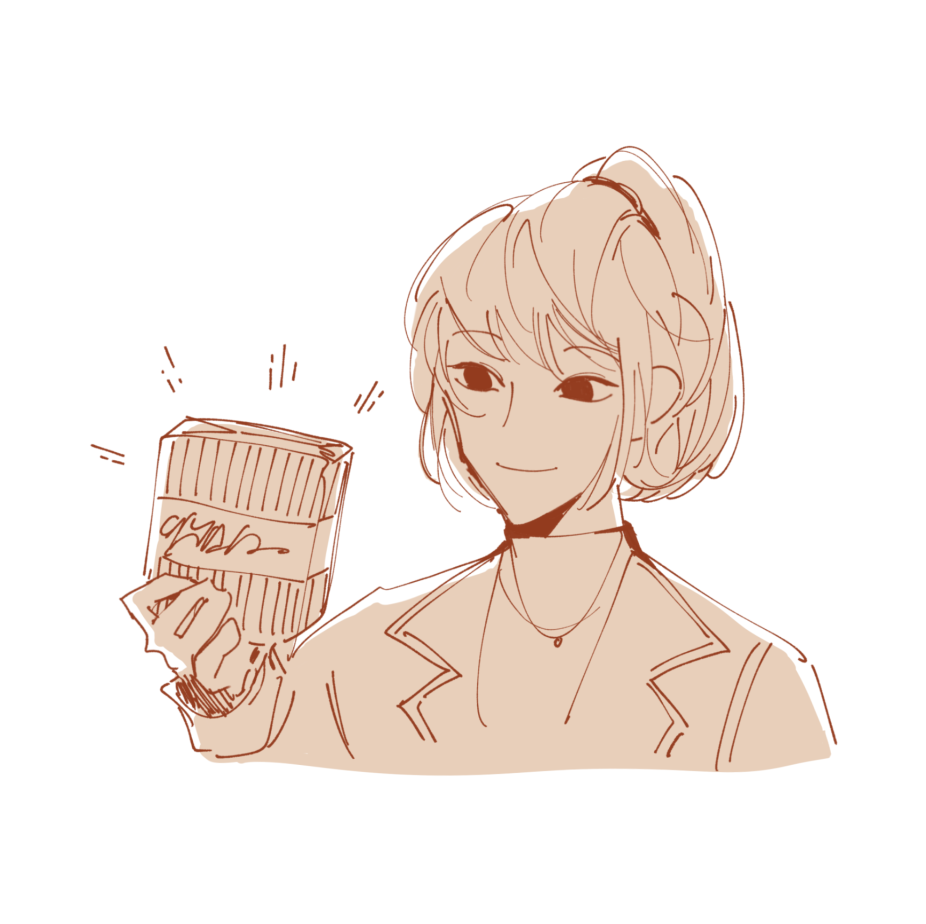Scotland became the first country to make period products available to all women with the passing of the Period Products Act on Jan. 12, 2021, which legally protects the right to access free period products for all citizens.
This initiative was part of a global effort to end “period poverty,” the insufficient access to basic hygiene products and health care. For women and girls — especially those with low income who struggle with a lack of menstrual resources — it is a step in the right direction.
In fact, one out of 10 menstruating youth miss school during their menstrual cycle due to lack of access to period products. Scotland’s new act brings visibility and discussion to this widespread but hidden issue.
Just as we expect free toilet paper in a public bathroom, free period products should be a right instead of a luxury. The rest of the world should consider similar measures in combating the decades-long taboo around periods. Such stigma traps women and girls into a position that makes them feel ashamed of their fundamental rights to hygiene and health.
Women and girls across the world agree. I remember being so nervous to be seen getting a pad out from my backpack during class in middle school, and I would make such a point of hiding it in my sleeve to make sure no one would see as I walked to the bathroom. The only way to combat this is to bring more awareness to this issue. Just simply incorporating and normalizing the topic of menstruation into everyday conversations can be beneficial to society.
After the passing of the Period Products Act, local authorities in Scotland have consulted with their communities to determine the best access point for the products. Representatives stated that period products should be accessible in places such as libraries, swimming pools, public gyms, community buildings, town halls and pharmacies.
Part of the reason Scotland has dealt with this issue is the large number of women taking a larger role in the Scottish government. Women now represent 45% out of Scotland’s 129 Members of the Scottish Parliament.
In contrast, 51% of the U.S. population is composed of women, yet women only make up 28% of Congress at large and 24% of the Senate. Thus, electing women representatives to higher governmental positions should be another goal for the U.S, as they are often more attuned to issues regarding women’s health.
Scotland has made great efforts to allow for even more convenient access to period products. They have developed an app called PickUpMyPeriod, which allows users to determine which products are available and where to find them at the nearest location. Home delivery is even an option. To have a process like this readily available in the U.S. would lift a great burden for all women and girls.
Following Scotland’s passing of this legislation, other countries have been inspired to take action toward resolving period poverty. Northern Ireland is considering a similar measure, and New Zealand and Seoul have started offering free menstrual products in schools. Seeing other countries follow suit on Scotland’s behalf is inspiring, and gives hope that menstruation can become more destigmatized in society.
However, Scotland is a small, wealthy country that can combat widespread issues such as period poverty. Larger countries like the U.S, India or China would require a longer process of planning and political discussion to adopt these measures. But that barrier doesn’t mean there shouldn’t be an effort to do so.
If more countries follow Scotland’s lead, that would be a step toward resolving the global poverty crisis. In fact, there has been a growing movement in the U.S. to increase access to period products, especially after Scotland brought attention to the matter. For example, more schools across the country are starting to make period products free in an effort to end period poverty and the stigma it carries.
U.S. advocates praised Scotland’s new law, and similar measures have been implemented in California. The Menstrual Equity Act of 2021 signed by Gov. Gavin Newsom established that all California public schools and universities must provide free menstrual products to all their students as of the 2022-23 school year. This law is also built on a previous 2017 law that required low-income schools in disadvantaged areas to provide students with free menstrual products. California was also prompted to follow the lead of at least 10 states by exempting period products from sales tax, which was costing women collectively $20 million a year.
The taboo around periods needs to be stripped away. One way for us to fulfill this mission is to create more comprehensive, socially relevant education and awareness on this topic. Young girls and boys should be taught as early as age 8 or 9 to understand that periods are a normal process.
According to a survey conducted by OCHA, of 69 respondents, 54 said their first period came with reactions of fear, shame or embarrassment. Teaching about menstruation to young kids can be done through cartoon books, videos or simple explanations that menstruation is a process that no one should be ashamed of. Personally, I had a great experience with the American Girl Doll puberty book.
At the end of the day, women make up half of the world population, and providing free access to menstrual products would not only help women, but destigmatize menstruation in today’s political atmosphere.




























